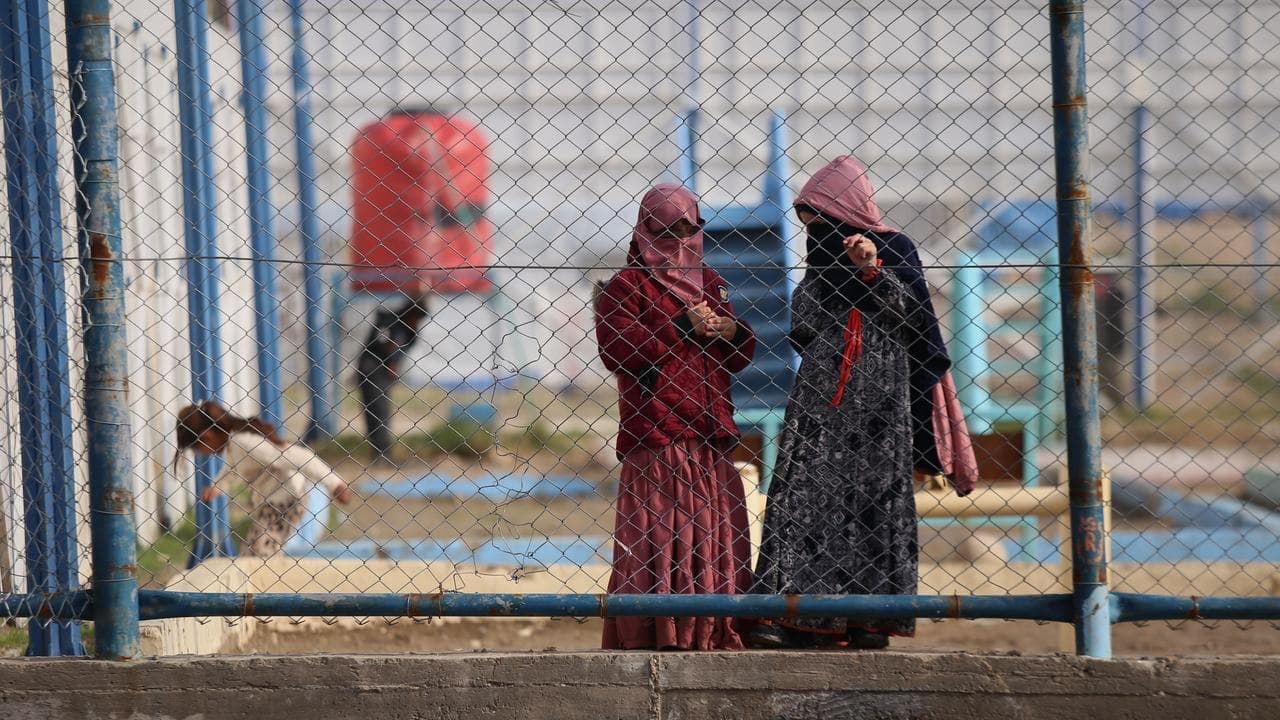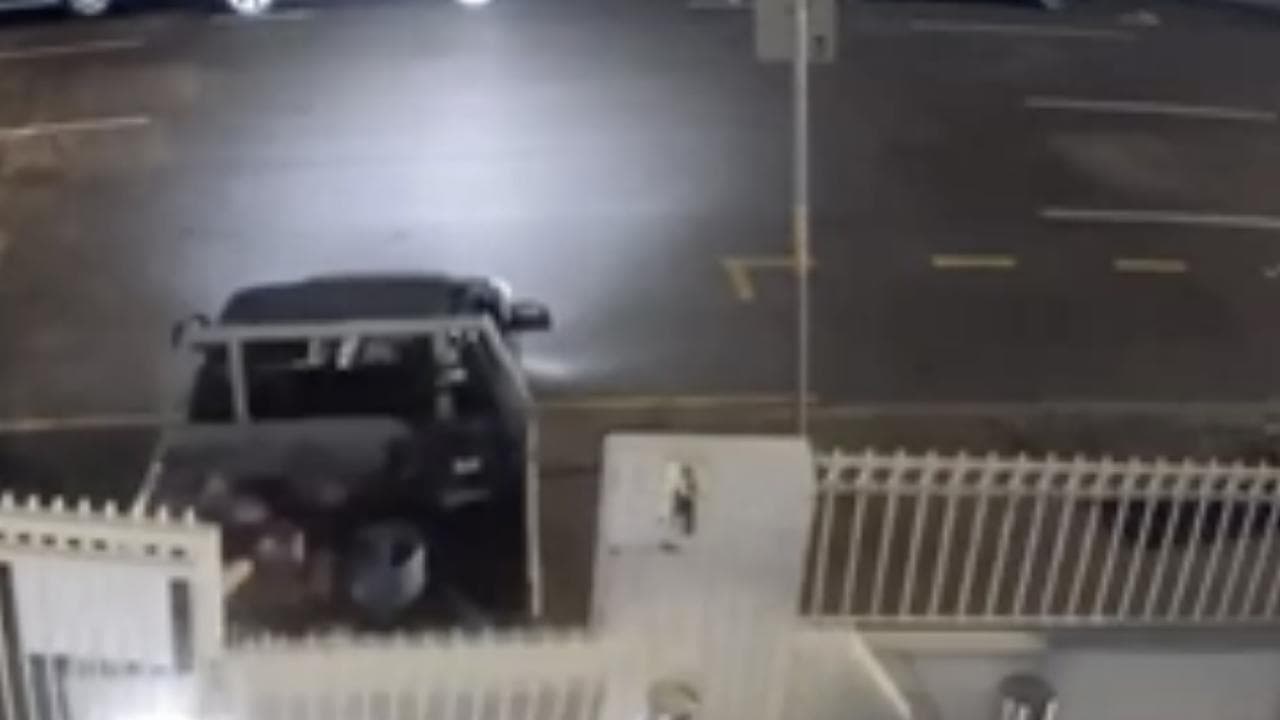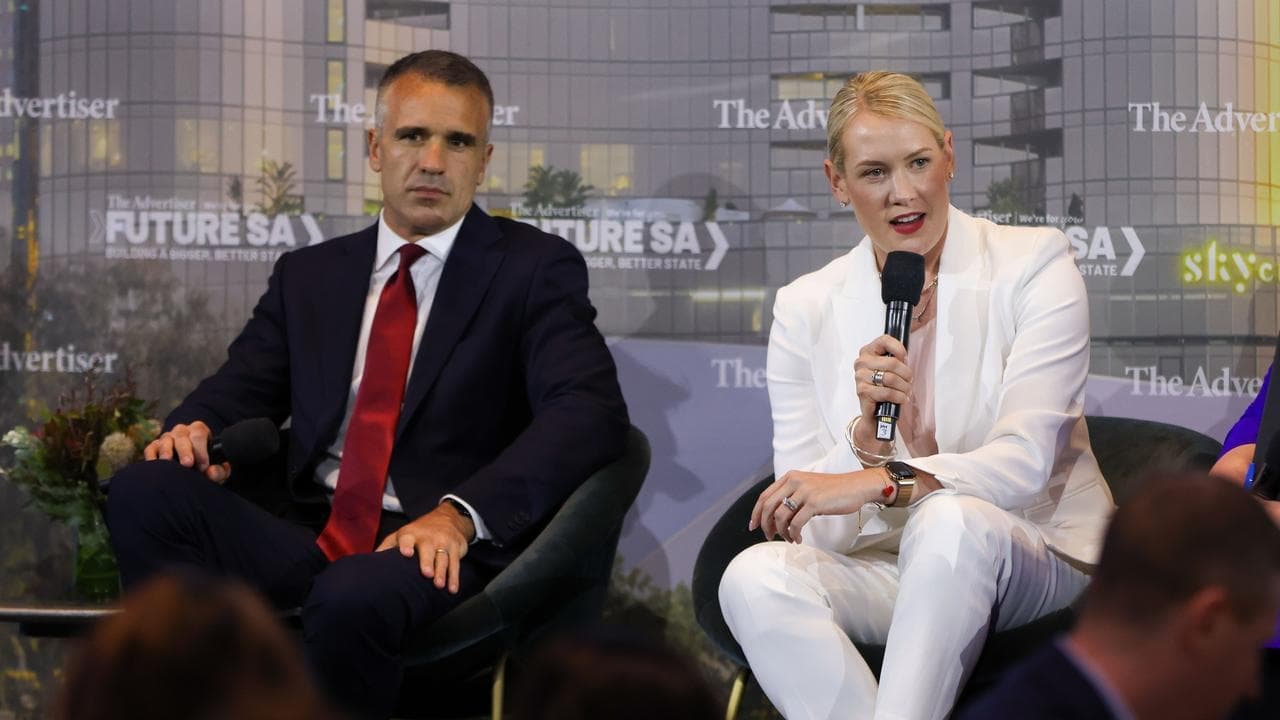The Statement
A Facebook post from a user in Australia claims that popular children's author and illustrator Dr Seuss has been cancelled.
It includes an image featuring the covers of several of the writer's most famous books, such as The Cat In The Hat, Horton Hears A Who! and How The Grinch Stole Christmas!
The post's caption reads, "Ladies and gentlemen and other persons… Doctor Suess (sic) is no more he has been CANCELLED."
At the time of publication, the March 3 post had been viewed more than 64,000 times and shared more than 70 times. Related examples have been shared here, here and here.

The Analysis
While six Dr Seuss books will no longer be printed or sold, none of the books featured in the post's meme are among those being withdrawn because of racist and insensitive imagery.
Theodore Seuss Geisel (1904-1991), better known under his pen name of Dr Seuss, created some of the world's best-known children's books, including The Cat in the Hat and Green Eggs and Ham, which often feature the use of nonsense words, whimsical rhymes and fantastical creatures.
In 2020, Forbes magazine named him the second highest earning "dead celebrity", with his estate pulling in an estimated US$33 million that year.
On the date of the late author's birthday, March 2, estate manager Dr Seuss Enterprises, a division of publisher Penguin Random House, released a statement to announce it would cease the publication and licensing of six books: And to Think That I Saw It on Mulberry Street (1937), McElligot's Pool (1948), If I Ran the Zoo (1950), Scrambled Eggs Super! (1953), On Beyond Zebra! (1955), and The Cat's Quizzer (1976).
"Dr Seuss Enterprises celebrates reading and also our mission of supporting all children and families with messages of hope, inspiration, inclusion, and friendship," the statement said.
"Dr Seuss Enterprises, working with a panel of experts, including educators, reviewed our catalogue of titles and made the decision last year to cease publication and licensing of the (six titles listed).
"These books portray people in ways that are hurtful and wrong. Ceasing sales of these books is only part of our commitment and our broader plan to ensure Dr Seuss Enterprises's catalogue represents and supports all communities and families."
The books that were pulled from publication include several controversial images such as racist ape-like depictions of African natives.
AAP FactCheck sought further comment from Dr Seuss Enterprises but was referred back to the organisation's earlier statement.
Following the decision, sales of Dr Seuss books temporarily skyrocketed - including for many titles that hadn't been withdrawn, such as The Cat In the Hat.
Conservative commentators seized on the announcement to claim that Seuss's works were the latest victims of "cancel culture" that had become "out of control".
That suggestion partially stemmed from the earlier decision from one US public school system to remove the emphasis on Dr Seuss books for Read Across America Day, which falls on Seuss's birthday, due to some of the works' racial undertones. However, Seuss's books were not banned or restricted in any way as part of the move.
Commentators also pointed to US President Joe Biden's proclamation on the day, which did not mention Seuss by name - a break with tradition. But moves to decouple the author from the national reading day had already begun well before Mr Biden took office.
Meanwhile, in 2017, then-first lady Melania Trump offered a donation of 10 Dr Seuss books to a Cambridge, Massachusetts school. Its librarian turned down the gift, saying images criticised as "racist propaganda and harmful stereotypes" filled their pages.
Philip Nel, a professor of children's literature at Kansas State University and the author of Was The Cat In The Hat Black?, a look at racism in children's literature, told AAP FactCheck in an email that the claim Seuss had been "cancelled" was wrong for several reasons.
He noted that only six of the author's more than 45 books had been withdrawn from publication. All others remained in print - including each of the titles featured in the Facebook post.
"Those who use the term 'cancel' in this way refer to activists asking that a piece of culture be modified or withdrawn," Prof Nel said.
"In this case, the corporation has made the decision to withdraw six books from production. As Prof Ebony Elizabeth Thomas observed this week, 'curation is not cancellation'.
"Finally, there's an implication in the term 'cancelled' that the books have been banned. They haven't. They can be read. But they are no longer being produced."
It also is not the first time that Seuss's works have been changed to downplay racial stereotypes. A "Chinese man" featuring in one of the discontinued books was previously depicted with yellow skin and a long pigtail, however these features were removed in editions from the late 1970s.
Many other children's titles have also been altered over the years in response to changing social views without the authors being "cancelled". For example, as detailed by The Guardian, overtly racist characters and plotlines from the Nancy Drew and Hardy Boys series have been removed since before the 1960s, while from 1973 Roald Dahl's Charlie and the Chocolate Factory no longer described Oompa-Loompas as being pygmies from Africa.
Prof Nel said that many of Seuss's portrayals of race in the withdrawn works were products of their time, telling Esquire magazine: "One of the themes across Seuss' work is the use of exotic, national, racial, and ethnic others as sources of humour.
"I think it's important for people to understand that a lot of Seuss' racism here is operating unconsciously. It's something he learned from being steeped in a very racist American culture."
One of Seuss's stepdaughters, Lark Grey Dimond-Cates, told the New York Post that the author did not have "a racist bone in (his) body", however the removal of the six titles from publication was "a wise decision".
A Politico media column noted the withdrawn titles were already scarce and "largely forgotten" but added the publisher's move would serve to shield the wider franchise from criticism after earlier controversies.

The Verdict
While six books from Dr Seuss have been withdrawn from publication, it is incorrect to describe the children's author as being "cancelled". The remainder of his works - including popular titles such as those featured in the post - remain in print.
In addition, it is not unusual for changes to be made to older children's titles in response to changing social views; similar alterations have been made to other works, including Seuss's books, over the years.
False - Content that has no basis in fact.
AAP FactCheck is an accredited member of the International Fact-Checking Network. If you would like to support our independent, fact-based journalism, you can make a contribution to AAP here.












